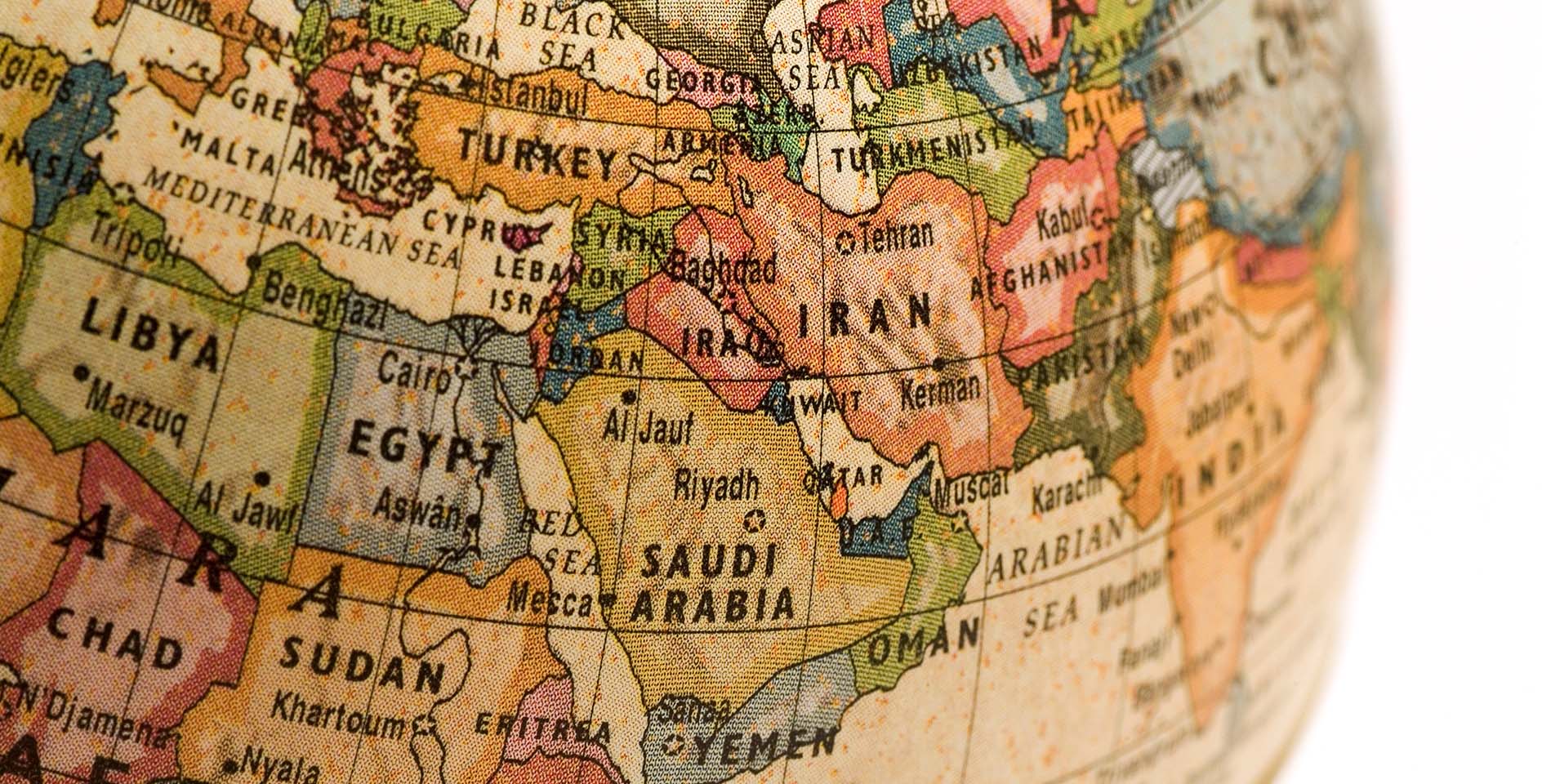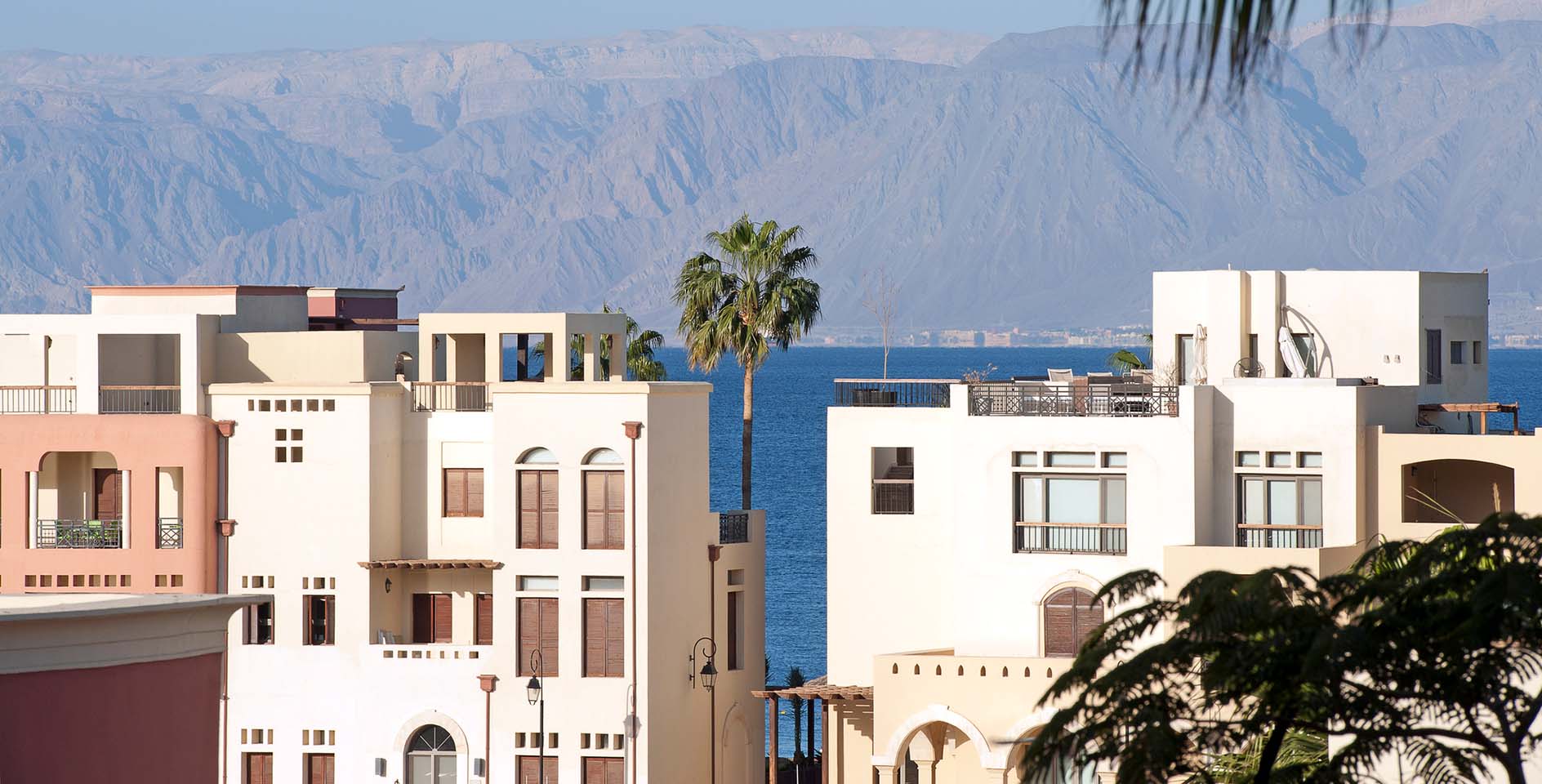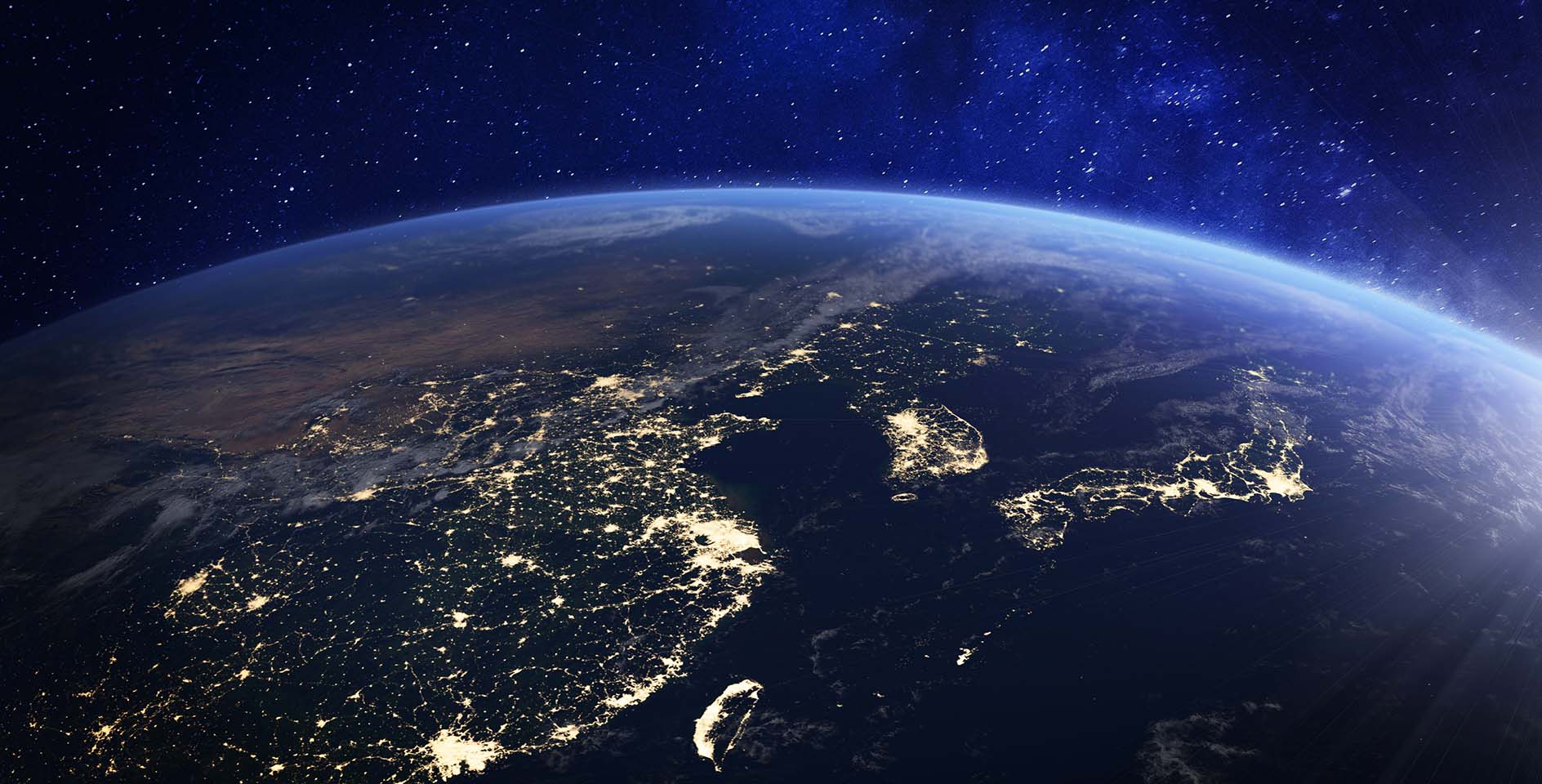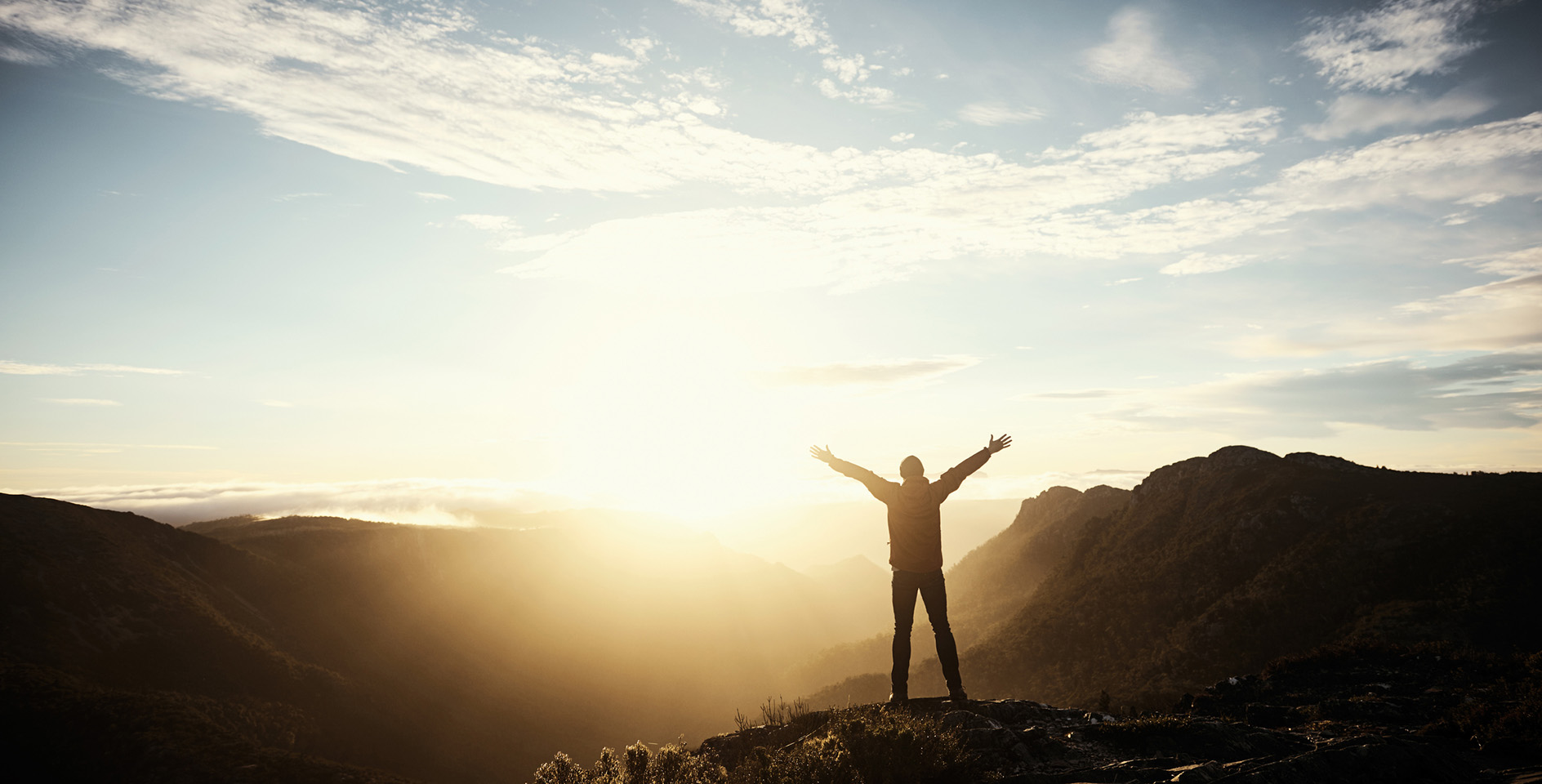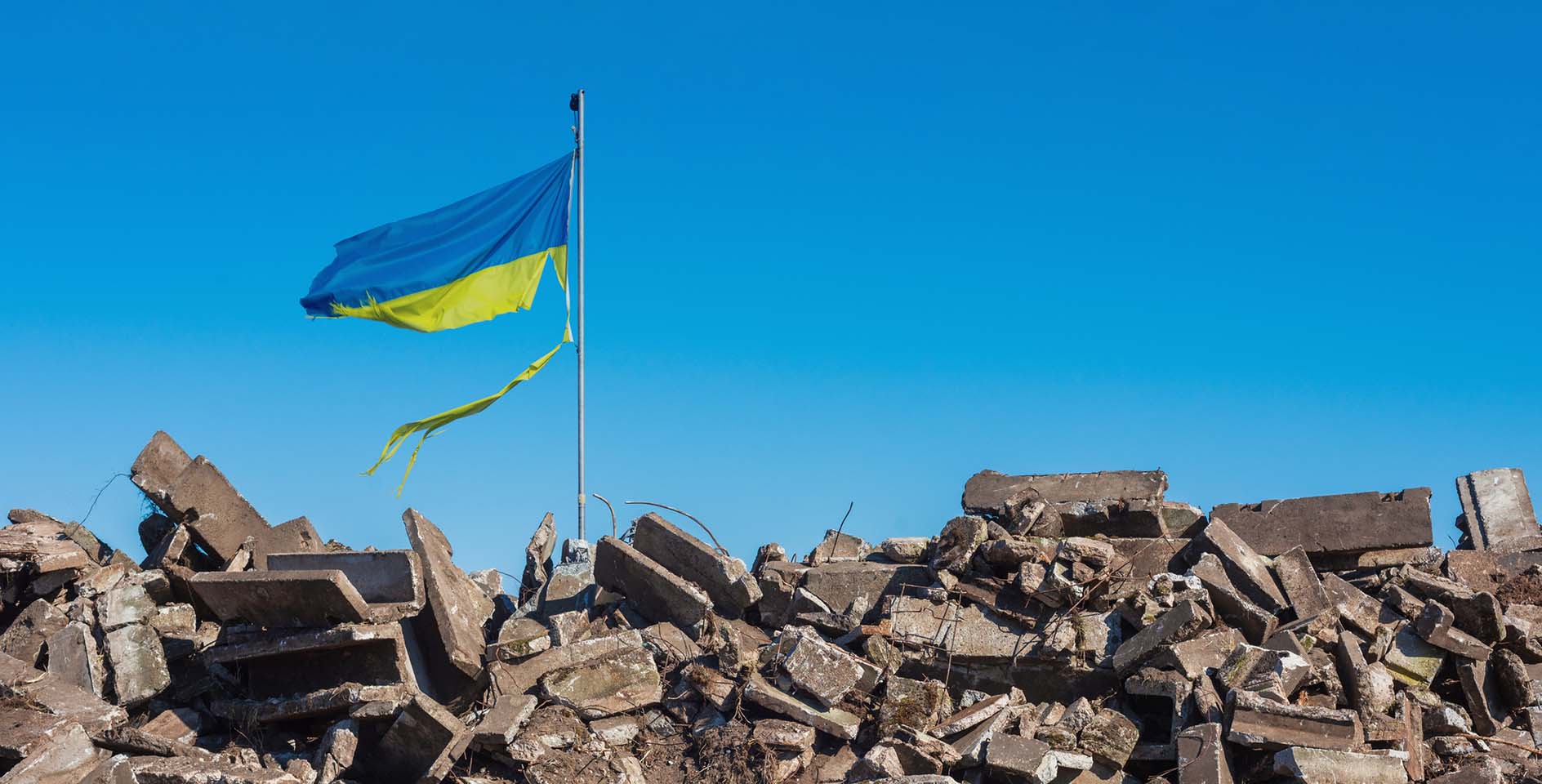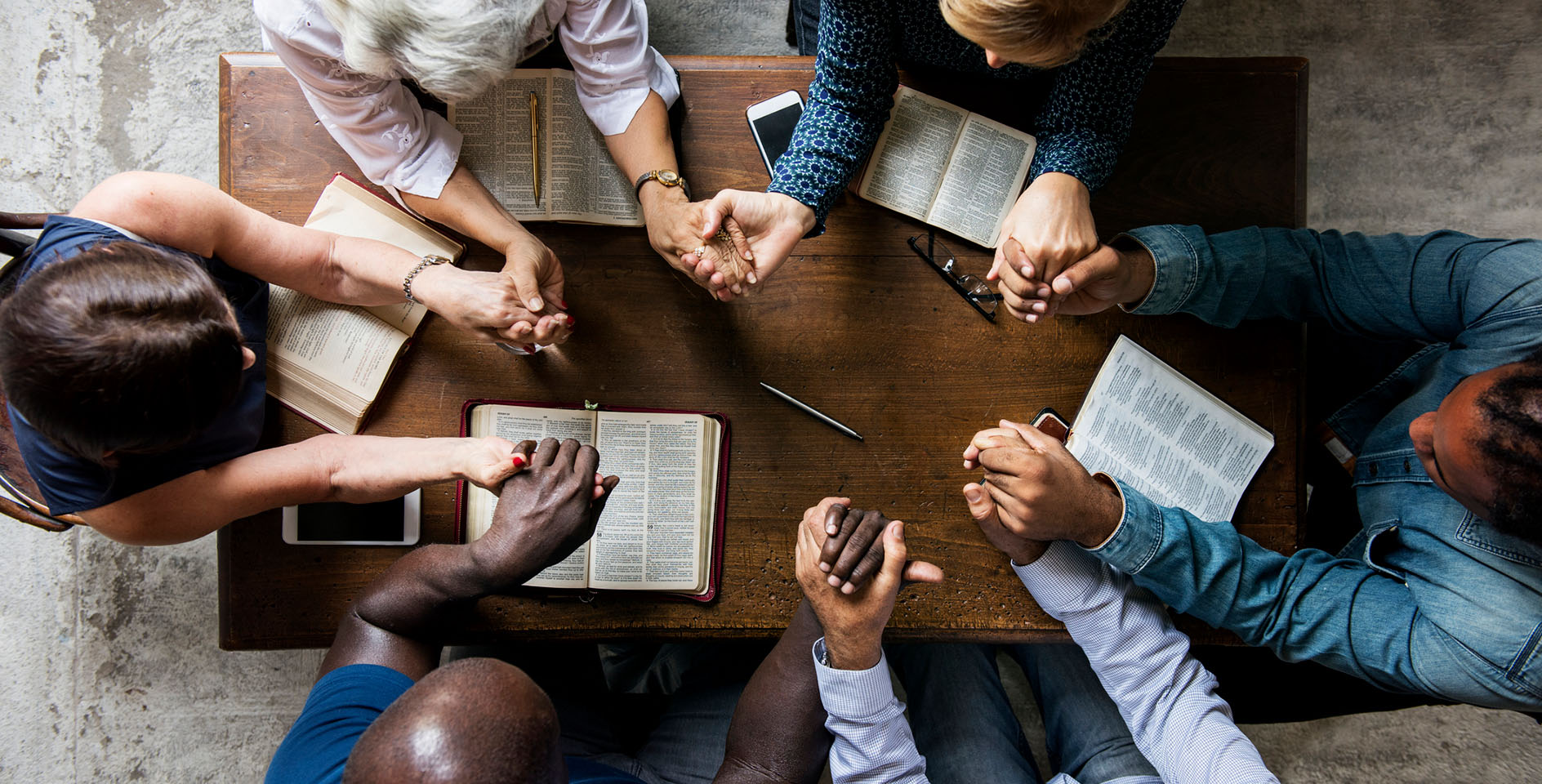When news from the Middle East and Near East regions of the world begin to fill my screen, there’s one reporter that I want to read: Mindy Belz.
I’ve known about her work as an editor and war correspondent with WORLD magazine for over 15 years, but her 2016 book, They Say We Are Infidels, was instrumental in shaping the way I understand this part of the world, revealing its rich Christian history. Her relationships with international churches and believers have provided her decades of insight into these predominantly Muslim parts of the world.
As Christians in the West consider today’s international crises, as well as reflect on the impact of 9/11 20 years ago, Belz shines a light on both the histories and cultures of these far-off nations, shares her reasons for going into hard places, and points us to the eternal things that should guide our lives.
Jill Waggoner: Can you help us zoom out and understand the cultural landscape of the Middle East and the significance of Afghanistan?
Mindy Belz: Afghanistan commonly gets lumped into the Middle East because of the wars after 9/11, but it’s technically considered part of the wider Near East or Central Asia. That’s important, because Afghanistan is somewhat of a bridge. It has a lot of the Islamic elements that have bedeviled the United States and the Middle East (in Lebanon with Hamas and Iraq with al-Qaida and ISIS). But it also has this history of being under the thumb of the Soviet Union. The Soviet invasion of Afghanistan in 1979 and subsequent occupation set the stage for the American engagement there. It began as a Cold War engagement, and then it moved into what we know today, an engagement over terrorism that had its base in Afghanistan. That history is significant to how it came onto the American radar, but of course, 9/11 propelled it there to stay.
I traveled to Sudan in 1998, 1999, and in June of 2001. Sudan was engaged in this war that pitted Christians in the South versus Muslims in the North. It was a precursor to what we would see after 9/11. Christians have been like a footnote in these conflicts, and yet, to me, they were an important piece because what Christians experience is often a precursor to what the entire population is going to face. When we look at the war that was happening in Sudan in the 1990s, we see this dramatic and atrocious conflict between a jihadist government in the North and the Christian population in the South. That set a pattern for what we saw repeated in Iraq, Syria, and Afghanistan, where this concept of “conquering infidels” came into play with really deadly force.
JW: How did 9/11 change U.S. engagement in this region of the world?
MB: It had been a Cold War engagement up until that point, very much based on our national interests in keeping dominance over the Soviet Union, Russia, and its breakaway republics after the fall of the Berlin Wall. 9/11 changed it dramatically because then it became about U.S. survival. It was an attack on the U.S. homeland. Nothing like that had happened in modern memory. It was no longer war at a remove; it was war up close.
Significantly, that moment built on the Cold War alliances. NATO, within days after 9/11, invoked Article 5. This was the first time in its history, putting NATO on a war footing in support of the United States. Among the victims of 9/11, there were more than 90 nations represented. We had tremendous international support for our response to it.
JW: How would you help a younger audience think about 9/11?
MB: 9/11 is possibly the largest event of the century and certainly one of the landmark moments in U.S. history.
It is important to go beyond the headlines and the 10-minute recap you see on the news. You can visit the 9/11 Memorial & Museum site or go to the museum and see the names. It’s such a powerful reminder of the ordinariness of the people who died. They had no intention of stepping into a war zone when they were going to work that day. I would encourage anyone to read some of the original sources on the 9/11 Museum site. Find the 911 calls on YouTube. Not everyone wants to go down that road, but I think it’s valuable to get a real sense of what people went through.
It is also important to generally appreciate what the terrorists’ goals were. I’ve had the 9/11 Commission Report on my shelf at the ready for years. It is a thick book, but mine is so well thumbed now. Parts of it read like a novel. It helps you understand all the players and what was happening from the FBI, CIA, and military standpoint. You understand what was happening in Washington and New York. It describes what al-Qaida was planning and the hijackers’ stories leading up to that day. Original sources are what we have to rely on, especially as we see misinformation surface.
I’ve [also] really enjoyed reading about the millennials whose whole generation has been shaped by how our country changed after 9/11. I have much encouragement and hope as I see how many of my children’s peers committed themselves to military service or aide or nongovernmental organizations. When I covered the refugee crisis, I saw many 20- and 30-somethings that dropped everything to help these refugees coming across the Mediterranean. That defines the generation to me. I have great hope because of how this generation has been shaped by really sobering, hard events.
JW: How would you encourage the Western church to think about and understand the Christian church in the Middle and Near Eastern parts of the world?
MB: I went to Iraq to cover the war early on and discovered the Christians along the way. There was this rich history there outside of what many think of as the Holy Land. I was going in churches that were built in the 300s. Their liturgy was in Aramaic. They were holding on to traditions because they were precious to them, not because they were following rote tradition. Everywhere I went, I was having my own presuppositions exploded.
I met people whose resilience drew me to them. They had a patience about the Christian conflict with Islam and a determination about it that seemed to be lacking in the American public. The U.S. eventually wanted to turn away from the conflict and commitments in Iraq, as we are seeing now in Afghanistan. One of the reasons these wars have ended in such disarray and with such tragic consequences is that we never engaged them on the terms in which we said we were. We failed to understand that this is an age-old conflict. We failed to look at the really good examples of how people from outside of Islam have engaged with Islam.
On my journeys, I [saw] great examples of people coexisting and also being great witnesses, and in some cases being martyrs. The Old English definition of a martyr is a witness. They were being martyrs on a daily basis, and sometimes with their own lives, in order to stand and to give testimony to the Muslims that they lived alongside.
JW: Recently, my 10 year-old son got in my car as I was listening to the news. He asked what it was, and I told him. As I turned it off he said, ‘Why are you listening to that? Aren’t bad things happening?’ I wondered how you would answer that question. In a world where ‘bad things’ are happening, why should we pay attention?
MB: Because the love of Christ compels us to. We can all have a sense of discouragement and helplessness in the face of any days’ bad news, but we know Christ came to enter into bad news, bringing life and the good news of the gospel.
Our life in the United States gives us so much material comfort and grace that we lose sight of the consummation of all things. We might be tempted to think that the consummation is like our day to day: the sun shining, peace with our neighbors, a grocery store nearby. Our current reality dulls our sense that there is a future — where Christ is reigning and has reconciled all things under his feet — that is beyond what we can imagine right now. We can be tempted to lose sight of that chapter of the gospel narrative. I have a sense that the Christians who went before me had a much clearer view of what is to come that compelled them through the hard things of any day.
JW: Many people have had trauma in the last two years. I imagine that your journeys have allowed you to see things that I’ve never seen, creating difficulties for you on a personal level that might extend beyond the experience. Do you have a personal word for those who are dealing with trauma?
MB: It is definitely a real thing and something that I’ve struggled with from time to time. I have faced life and death moments. Because I’m still here after those moments, I can say they propel us to the feet of Christ and into the arms of God.
Sometimes I dread going into a place where there’s a lot that’s unknown. There also have been times where I felt like I knew the situation, but when I was walking down the street, I could feel the tension and feel how much things had changed. This happened to me in 2019 in Syria, and I knew I was not in a safe place. Within 30 minutes, a bomb went off right across the street from me. I’ve been in moments where all I know to do is pray and trust that God has me where he wants me. That might be a place of death or a place of witness — seeing something that’s really, really hard.
I come back to this fraternity that we have with Jesus. In those moments, we see in a new way what he endured, and what he was willing to endure, for us. We also see our own weaknesses and shortcomings. We’re brought face to face with the fact that we’re not Jesus. We quake and have fear and sometimes we run away, and that’s okay to do.
The only way I know to process those things is in community. The community that I have with my husband, first of all, is the only reason that I have been able to continue this work — his support, patience, and willingness to hear the things [I’ve experienced]. Also, I process with my church community, pastors, and friends who are good counselors. We have to process these things in community, but we also have to process them as a way of recognizing our weakness and the profound sacrifice that Jesus made.



